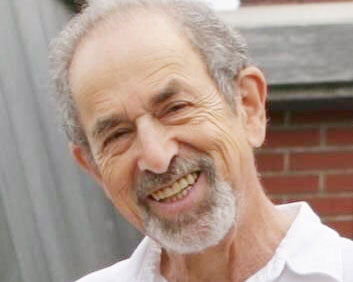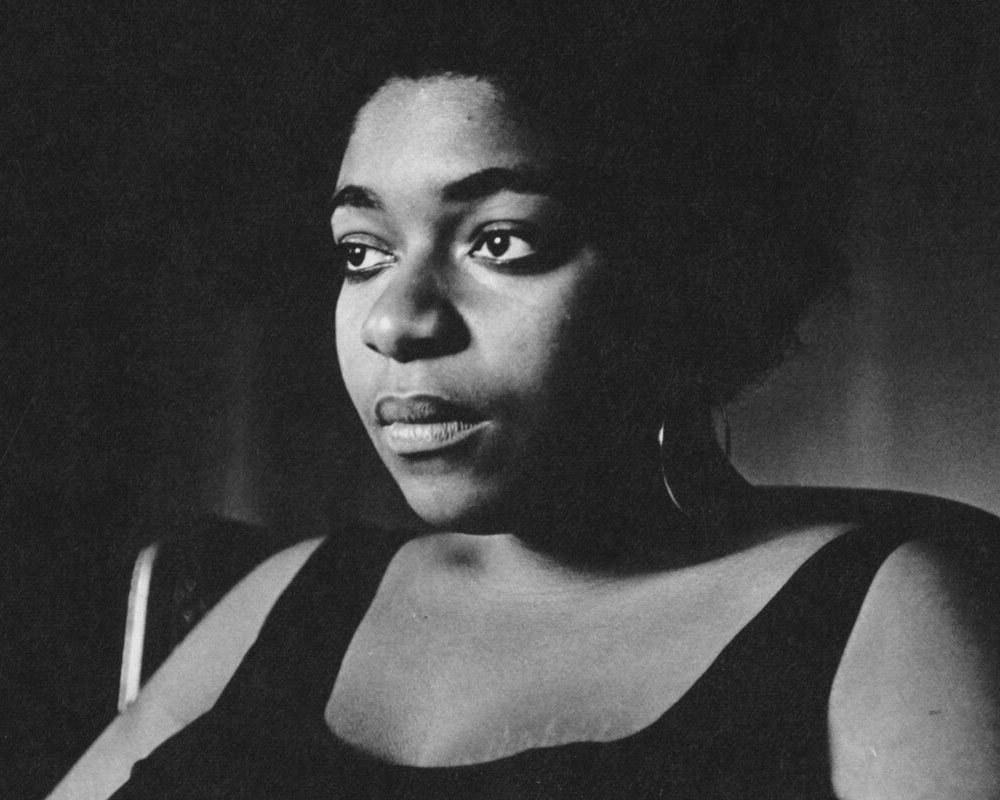Louise Root Godfrey ’35
In the last years of her life, Louise would use her walker to trek up the hall of the residential care facility to gaze at the mountain framed in the picture window of the library. It was good exercise and brought to mind the many times the centenarian had hiked Mt. Hood. The granddaughter of an Oregon pioneer, Louise had a college-educated mother and a father who hadn’t gotten past the sixth grade. Because her father was widely read, he considered himself well educated and espoused the belief that if there was something in this world more important than education, he didn’t know what it was.
In her own schooling, Louise was always on a fast track. “I was brought up to learn and not fool around,” she said. By the time she started grammar school in Hermiston, Oregon, she already knew how to read, write, and do additions. She was placed in the third grade. After the family moved to Portland, she was skipped from the fourth grade to the fifth and graduated from high school at the age of 15.
Louise started Reed in 1931, during the depths of the Depression, paying her tuition with a $100 gold piece she had won in a state chemistry contest. Perhaps owing to the fact she had been editor of her high school annual, registrar Margaret Scott ’19 asked the 15-year-old girl if she’d like to be the campus correspondent for The Oregonian and she accepted the job. Over the next two years she turned Reed events into column inches. As a day dodger she could earn a PE credit by walking from campus to her family home on Mount Tabor. Later in life, when she’d see children with backpacks she’d think, “Gee, I wish they had invented those in 1931!”
She was an English literature major, but found that Prof. Monte Griffith’s [psychology 1926–54] psychology courses limbered up her mind. “That general psych course does wonders for making you more thoughtful about what people are like and more prone to pay attention to what you are becoming yourself,” she reflected. “The mirror is my psychiatrist and I’ve had many occasions to walk up to it and say, ‘Louise, you’re making a fool of yourself. Now stop.’”
After two years, she ran out of money and left Reed. But Reed never left her. “There’s nothing like being immersed in a community of learning, which is what Reed amounts to,” she said. She recalled Prof. Victor Chittick [English 1921–48] saying, “Not everyone is entitled to an opinion. If you’re informed, you may have an opinion. If you’re totally ignorant on a subject, you’re not entitled to bleat about it.” “I murmur that to myself, every once in a while,” Louise said. “I’m very free with my opinions and I catch myself thinking, ‘I don’t know enough about this to say what I think.’ Now isn’t that a useful thing to know?”
In 1933, she took a secretarial job and saved up enough money to attend Stanford for a year. She took a job with the Portland Symphony Orchestra until it collapsed for lack of funds in 1937 and then began working for the Multnomah Athletic Club (MAC). She left to join the WAVES in World War II, taking officer training at Smith College before being stationed at a communications job at Seattle Naval Station. After the war, she returned to the MAC, and met Dick Godfrey, a reporter for the Oregonian, who had two young girls from a first marriage. They married in 1948 and “we had an absolutely fine time of it,” Louise said of their 50-year marriage. Louise worked at the MAC until 1970, and edited its magazine for 14 years. She was an avid mountain hiker, tended a unique garden filled with native Oregon plants, and volunteered with many organizations. Her daughter, Martha Godfrey Dixon, and five grandchildren survive her.
Appeared in Reed magazine: September 2016





![Photo of Prof. Marvin Levich [philosophy 1953–94]](https://www.reed.edu/reed-magazine/in-memoriam/assets/images/2022/LTL-levich1.jpg)
![Photo of President Paul E. Bragdon [1971–88]](https://www.reed.edu/reed-magazine/in-memoriam/assets/images/2020/Bragdon.jpg)
![Photo of Prof. Edward Barton Segel [history 1973–2011]](https://www.reed.edu/reed-magazine/in-memoriam/assets/images/2020/Segel.jpg)








































































